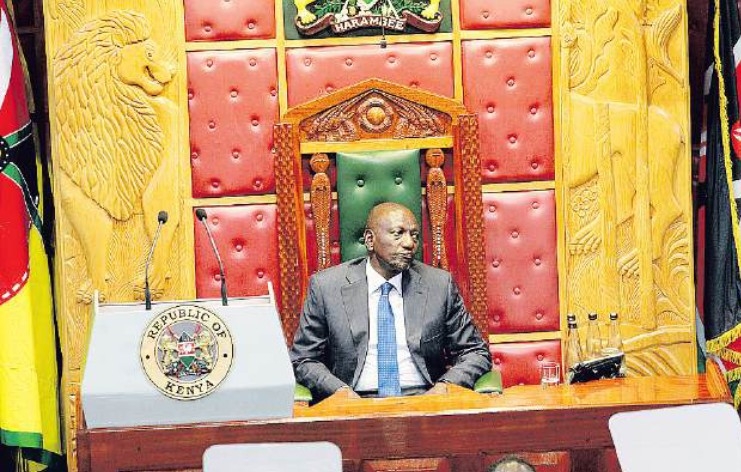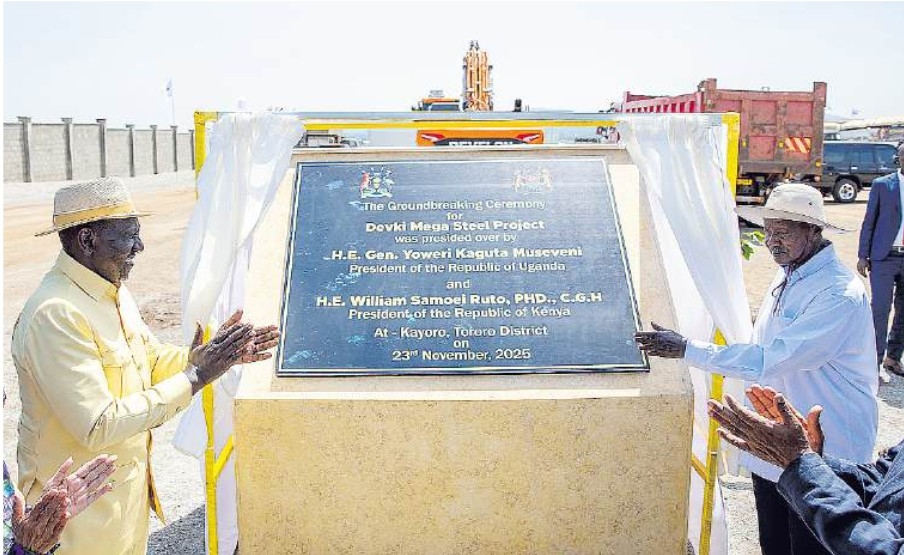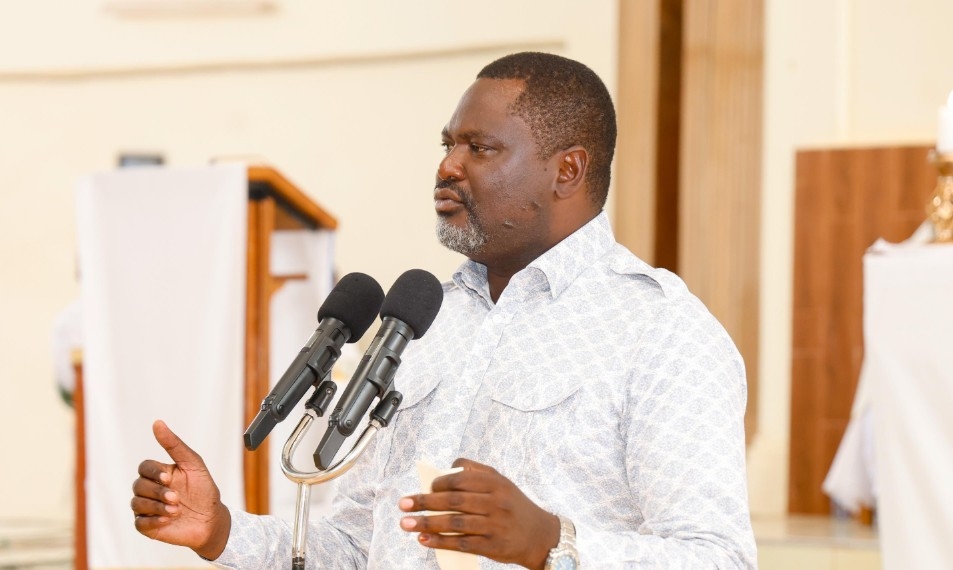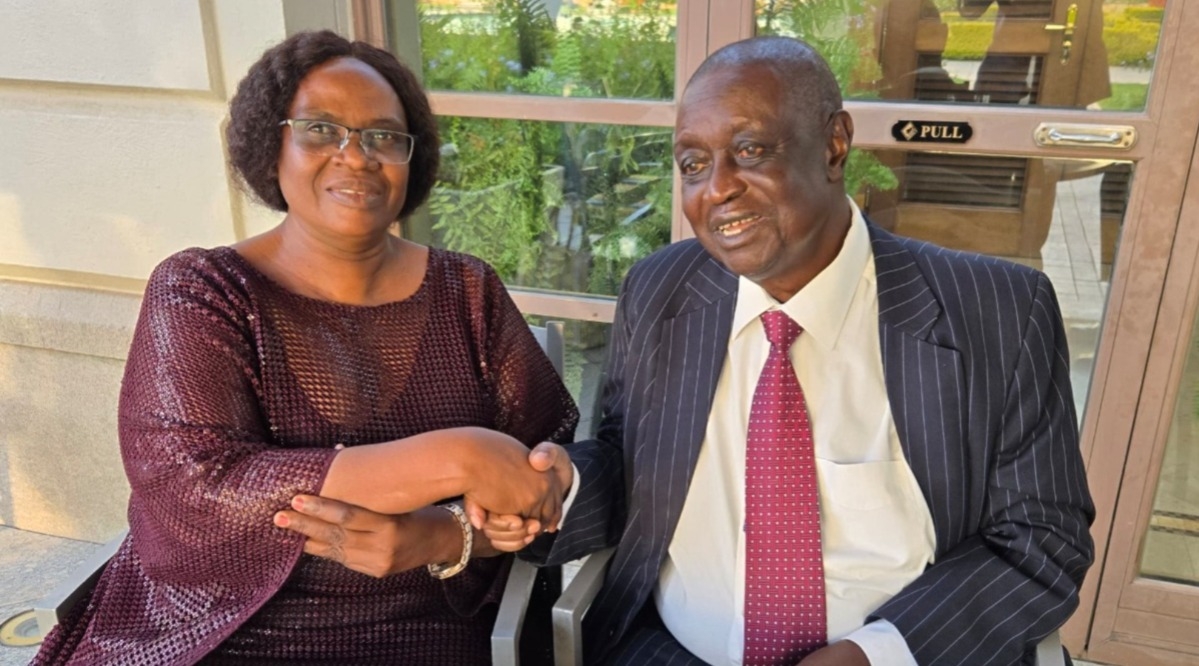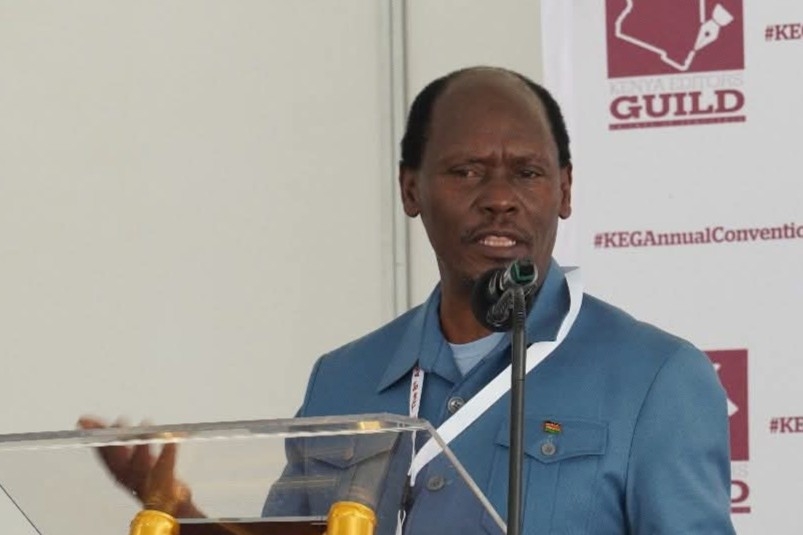
The High Court has declared the new university funding model unconstitutional and discriminatory.
The court cited a lack of public participation, prohibiting the government from implementing it.
Justice Chacha Mwita said the model also known as Variable scholarship and Loan Funding (VSLF) is biased as it introduces clusters based on perceived financial ability.
"It's unrealistic if not unfair to consider someone earning Sh70,000 per month as needy considering the level of taxation in the country," said Mwita.
Every person, he emphasized, is equal before the law and the state is prohibited from directly discriminating against any person on any ground.
He said that one's social standing may not be a ground for treating someone differently noting that under the old model, all students were treated equally.
"The new one has introduced clusters labelling students as needy this creating discrimination and distinction based on ones earning," he said.
The judge said although the categorization may appear innocent, it's not clear how it was achieved.
Under the new funding model band 1 has students whose monthly income does not exceed Sh5,995 while band 2 ranges from Sh5,995 to Sh23,670.
Students from families with a monthly income of between Sh23,671 and Sh70,000 are placed in band 3 while those between Sh70,000 and Sh119,999 are in bands 4 and 5 which receive the least funding in terms of scholarships but are high on loans for students whose families earn above Sh120,000.
The government defended the model in court saying it's not discriminatory as argued by the petitioners on grounds that it allows all students to apply for scholarships and loans.
The application data according to the document is digitally analysed to inform scholarship and loan levels gauged by the level of need.
But the Judge in prohibiting its implementation said it is not anchored in any law and it is also not clear on who would provide loans and how.
"This funding model is not anchored on any law. Its composition and its procedure remain unknown," he said.
The judge in closing also stated that there was no denying that the recommendations on the new model were not subjected to public participation despite the drastic and fundamental shift of higher education in the country.
Mwita said its implementation violated the constitution as it was not subjected to any public participation.
The model the judge said will only be allowed to operate if and until the government complies with constitutional legal requirements where necessary.
The case was filed in court by Kenya Human Rights Commission, Boaz Wakuru and Elimu Bora.





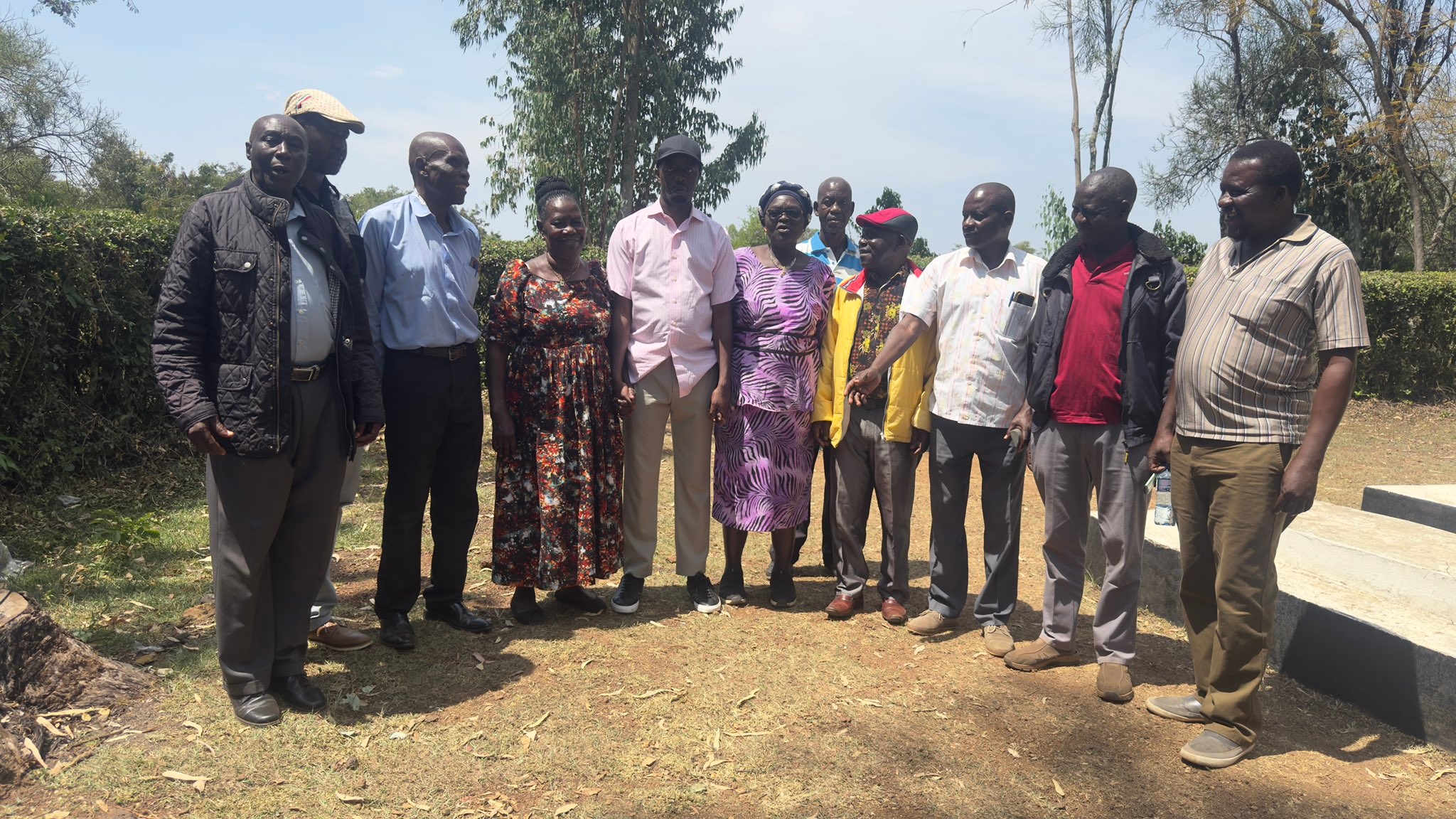
![[PHOTOS] Ruto present as NIS boss Noordin Haji's son weds](/_next/image?url=https%3A%2F%2Fcdn.radioafrica.digital%2Fimage%2F2025%2F11%2Ff8833a6a-7b6b-4e15-b378-8624f16917f0.jpg&w=3840&q=100)

